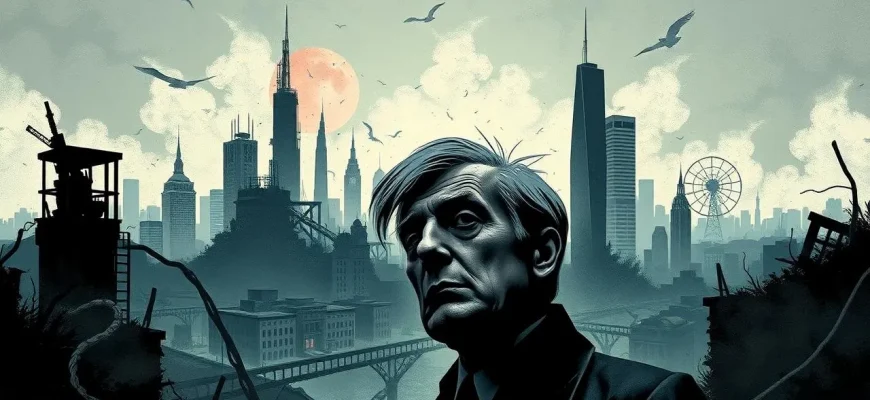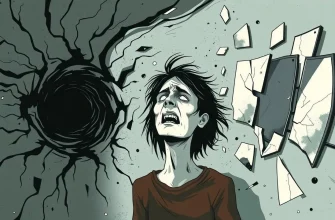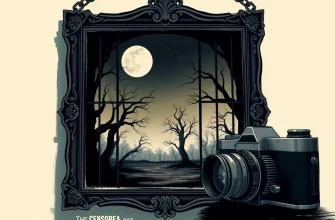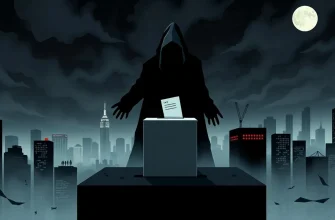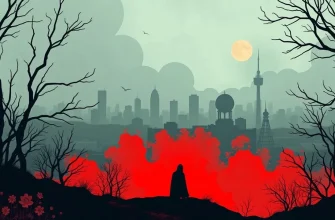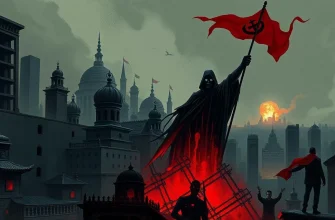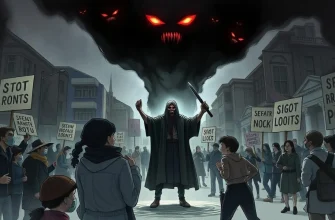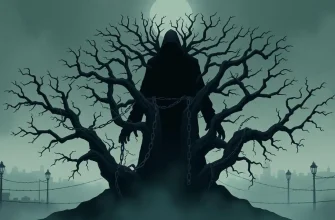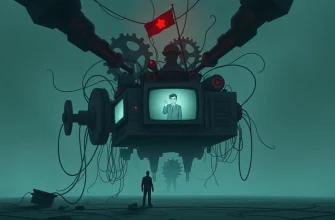Politics and horror might seem like an odd couple, but when they come together, they create a unique blend of suspense, fear, and social commentary. This curated list of 10 horror films delves into the dark side of political power, corruption, and societal issues, offering viewers not just a fright but also food for thought. Whether it's the terror of totalitarian regimes, the horror of political manipulation, or the dread of societal collapse, these films provide a thrilling and thought-provoking experience.
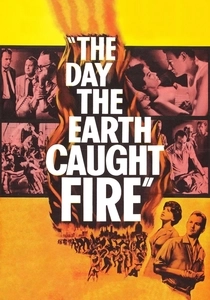
The Day the Earth Caught Fire (1961)
Description: This British science fiction film uses the premise of nuclear testing causing global catastrophe to explore themes of Cold War politics and environmental destruction.
Fact: The film was one of the first to use the concept of climate change as a plot device.
 Watch Now
Watch Now 
The Manchurian Candidate (1962)
Description: A classic political thriller with horror elements, it involves a brainwashed soldier and a sinister plot to control the U.S. government, reflecting Cold War anxieties.
Fact: The film was remade in 2004 with Denzel Washington, but the original remains a benchmark for political paranoia in cinema.
 Watch Now
Watch Now 
The Crazies (1973)
Description: George A. Romero's film about a biological weapon gone wrong, leading to a town's descent into madness, reflects on government secrecy and the consequences of military experiments.
Fact: The film was remade in 2010, but Romero's original is noted for its social commentary.
 Watch Now
Watch Now 
The Omen (1976)
Description: While primarily a horror film about the Antichrist, it also delves into political intrigue as the child of a diplomat is revealed to be the harbinger of the apocalypse.
Fact: The film's chilling score won a Grammy for Best Album of Original Score Written for a Motion Picture or Television Special.
 Watch Now
Watch Now 
The Fog (1980)
Description: John Carpenter's tale of a vengeful ghost ship and its connection to the town's founding fathers explores themes of historical guilt and political cover-ups.
Fact: The film was remade in 2005, but the original is often considered superior for its atmosphere and subtlety.
 Watch Now
Watch Now 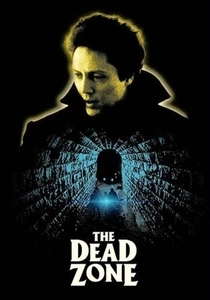
The Dead Zone (1983)
Description: After waking from a coma, a schoolteacher discovers he can see the future. His visions lead him to a chilling realization about a rising political figure, blending horror with political prophecy.
Fact: Stephen King, the author of the novel on which the film is based, has said this is one of his favorite adaptations of his work.
 Watch Now
Watch Now 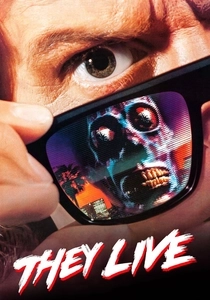
They Live (1988)
Description: John Carpenter's film uses alien invasion as a metaphor for political and economic control, where the protagonist discovers that the ruling class are aliens manipulating humanity.
Fact: The film's famous "OBEY" and "CONSUME" messages have become cultural icons.
 Watch Now
Watch Now 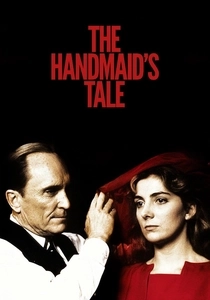
The Handmaid's Tale (1990)
Description: In a dystopian future where women are stripped of their rights, this film adaptation of Margaret Atwood's novel explores themes of totalitarianism, misogyny, and resistance.
Fact: The film was overshadowed by the later, more acclaimed TV series, but it remains a poignant adaptation.
 Watch Now
Watch Now 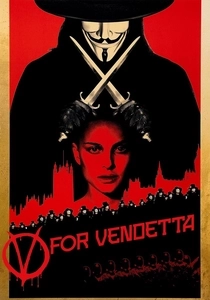
V for Vendetta (2005)
Description: Set in a future British totalitarian regime, this film follows a masked vigilante named V who seeks to overthrow the government. It's a powerful exploration of fascism, freedom, and the fight against oppression.
Fact: The film's iconic mask has become a symbol of protest worldwide, especially during the Occupy movement.
 Watch Now
Watch Now 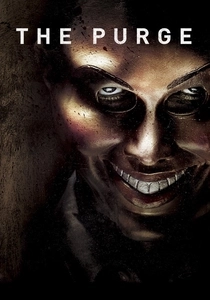
The Purge (2013)
Description: In a dystopian America, one night a year, all crime is legal, including murder. This film uses the concept of "The Purge" to explore themes of class warfare, political manipulation, and the dark side of democracy.
Fact: The film was initially conceived as a low-budget horror movie but became a surprise hit, spawning a franchise.
 Watch Now
Watch Now 
